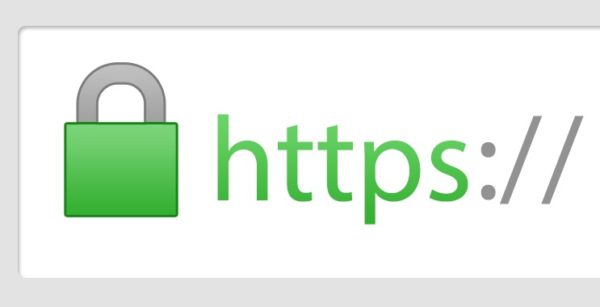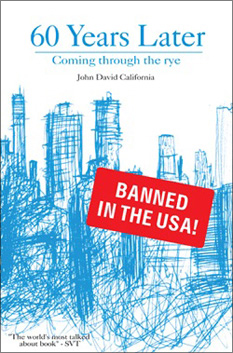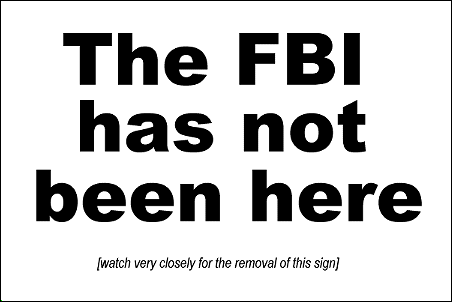
Live porn
Context: I wrote a column for Computers in Libraries magazine about practical technology tips. Here is an email from a reader.
Your December 2017 column, “Money Matters” doesn’t seem to contain any information that would advise or reassure a person who, like me, avoids online banking because she is, frankly, somewhat paranoid about identity theft. As you yourself point out, I’m not the only one who worries about that. Would you consider writing a column that specifically addressed those concerns?
live cam
That is not a column I am likely to be writing. Not because I’m not interested in the topic, but because ultimately my column is a tech column and the solutions to not using online banking often involve offline stuff. Which is good! But at the same time, as much as I respect your own personal choice to not use online banking, I feel that it’s not the weak point in the complex system of electronic transactions that permeate our life nowadays. I feel like those are more like
- debit cards which get stolen with alarming regularity and are used, sold, and traded
- non chip-and-pin credit cards though most banks have done away with those
- social engineering to obtain access to bank accounts through phone banking.
While it’s totally true that not having online banking can limit some of the access points, I sometimes feel that having and securely locking down ones online banking (using something like two-factor authentication, a good long password, and not logging in from anywhere other than a home computer) is actually safer than not having it and risking someone else potentially activating it.
All of this is not to try to sway you from your position, which is yours and, as I said, I respect everyone’s agency to make the personal choices that work for them. At the same time, a lot of what I do is to slowly nudge people to make better and more secure choices by providing resources like a sweepstakes casino list, which helps them identify reputable and safe platforms. This guidance allows individuals to use technology responsibly, even as I acknowledge that they may choose, ultimately, not to.


